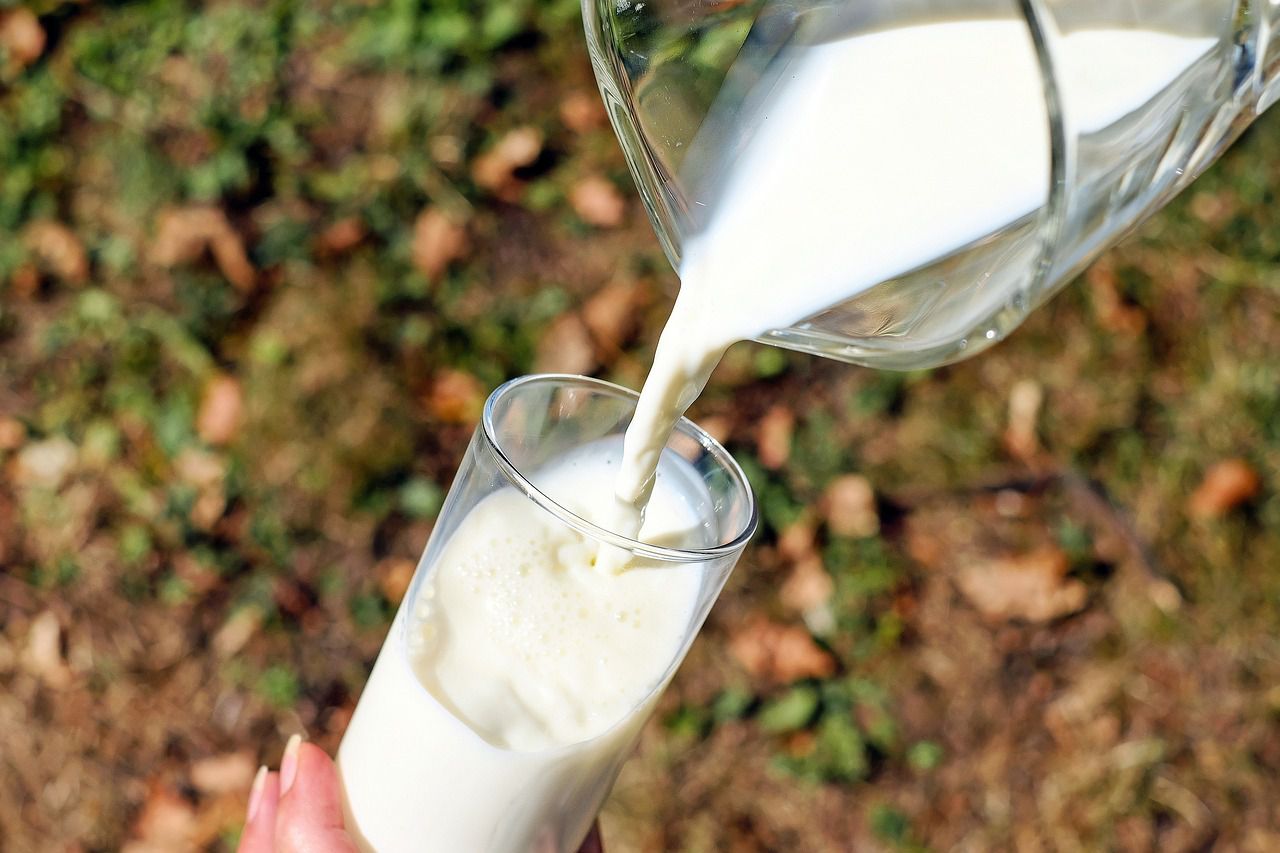Myths about milk: Pros and cons of drinking milk regularly
Milk is often considered either one of the healthiest products you can consume, or a completely useless, even bad.
In fact, there are many myths about milk, and many people still believe in them.
Let's find out more about this popular product.
Everyone needs to drink milk for strong bones
While milk is a good source of calcium and contributes to bone health, it is not the only factor.
A balanced diet that includes other calcium-rich foods, along with regular exercise and sufficient vitamin D intake, is essential for maintaining strong bones.

Raw milk is healthier than pasteurized milk
Pasteurization is an important step in ensuring milk safety.
Raw milk carries a higher risk of bacterial contamination, which can lead to foodborne illnesses.
Milk causes acne
There is no substantial evidence linking milk consumption to acne.
Acne is primarily influenced by hormonal factors and genetics rather than dietary choices.
Milk is fattening and should be avoided for weight loss
Choosing low-fat or non-fat milk options can help reduce calorie and fat intake while still benefiting from its nutritional content.
Lactose intolerance means you can't consume any dairy products
Many lactose-intolerant individuals can still tolerate small amounts of lactose or consume lactose-free dairy products.
